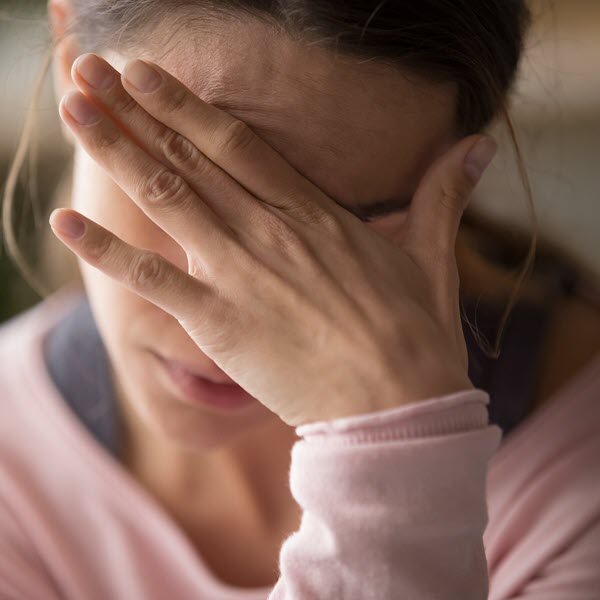How Effective is CBD in Treating Anxiety Disorders?
Anxiety disorders affect millions of people worldwide, causing distress, impairment, and a reduced quality of life. As a result, researchers have been tirelessly searching for effective treatments to alleviate the debilitating symptoms of anxiety. One potential candidate that has gained significant attention in recent years is cannabidiol, or CBD.
CBD is a compound derived from the cannabis plant, known for its therapeutic properties. Unlike tetrahydrocannabinol (THC), another prominent compound found in cannabis, CBD does not produce psychoactive effects. This makes CBD an appealing option for those seeking relief from anxiety without the mind-altering side effects associated with traditional cannabis use.
But just how effective is CBD in treating anxiety disorders? To answer this question, it is crucial to examine the available research, understand the nature of anxiety disorders, and consider the challenges faced in treating them.
Anxiety Disorders: A Complex Challenge
Anxiety disorders encompass a range of conditions, including generalized anxiety disorder (GAD), panic disorder, social anxiety disorder, and post-traumatic stress disorder (PTSD). These disorders are characterized by excessive worry, fear, and apprehension, often leading to avoidance behaviors and physical symptoms such as palpitations and shortness of breath.
While psychotherapy and pharmaceutical medications are commonly used to treat anxiety disorders, they may not be suitable or effective for everyone. This has prompted the exploration of alternative treatment options like CBD.
The Science Behind CBD and Anxiety
Several studies have investigated the potential of CBD in reducing anxiety symptoms. One notable study published in the Journal of Clinical Psychology found that CBD lowered anxiety levels in individuals with social anxiety disorder during a simulated public speaking task. Another study published in the Journal of the American Academy of Child & Adolescent Psychiatry demonstrated that CBD reduced anxiety and improved sleep in individuals with PTSD.
While these studies show promising results, it is important to note that research on CBD and anxiety disorders is still in its early stages. The limited number of clinical trials and variations in dosages make it challenging to draw definitive conclusions about CBD's efficacy. Researchers are actively working to address these limitations and provide a more comprehensive understanding of CBD's potential therapeutic effects on anxiety disorders.
The Balancing Act: Efficacy and Side Effects
When considering the effectiveness of CBD in treating anxiety disorders, it is essential to weigh its potential benefits against possible side effects. While CBD is generally well-tolerated, some individuals may experience mild side effects such as fatigue, changes in appetite, and diarrhea.
Furthermore, the role of CBD as a standalone treatment or in combination with other therapies is still being explored. It may not be a one-size-fits-all solution for everyone. Consulting with a healthcare professional is crucial to determine the most appropriate treatment approach for individual needs.
The Importance of Individual Considerations
Every individual is unique, and what works for one person may not work for another. Factors like the severity of the anxiety disorder, overall health, and individual biochemistry can all influence the effectiveness of CBD as a treatment option.
It is vital to approach CBD as part of a comprehensive treatment plan that may include therapy, lifestyle modifications, and other interventions. Open communication with healthcare professionals and diligent self-monitoring are key to determining the most effective and suitable treatment approach.
Conclusion
In conclusion, while CBD shows promise as a potential treatment for anxiety disorders, it is important to recognize the current limitations of research and the complexity of these conditions. CBD's effectiveness may vary from person to person, and more robust scientific investigations are needed to establish its role as a reliable therapeutic option.
Individuals considering CBD for anxiety disorders should engage in informed discussions with healthcare professionals, carefully weighing the potential benefits and risks. As the scientific understanding of CBD continues to evolve, it is an exciting time for exploring alternative treatment options and improving the lives of those living with anxiety disorders.
